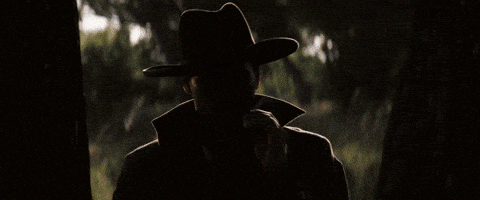It's like this, though: is it really their intelligence?
If the MAGAs were as dumb in real life as they are about politics, nothing would get done. I had an electrician at my house yesterday. He definitely looked, talked and had a car outfitted like a Trumper, without any specific references of course. I'd put good money on him being a Trumper (for one thing, white working class men are overwhelmingly likely to be MAGA, especially in my state, even if we ignore all the other stuff). He did his job. My new breaker was installed, and as far as I know, it was done correctly.
We've also talked about all the indisputably smart people who are MAGA. My dad was a surgeon, and a good one too judging by his clientele (which included a couple of Saudi emirs). And he's MAGA to the core. He believes all the bullshit. If Trump was his patient, my dad wouldn't take what he says at face value. He'd order tests to see what was really going on, which is to say he would look for the facts. But if Trump is his presidential candidate, it's all different.
See, I think that there are multiple meanings of the word "stupid," and only one of them is a strict antonym for intelligence. When we say MAGA is stupid, we're not necessarily saying they lack intelligence. We are talking about the way they are using their intelligence, which is, shall we say, highly suboptimal.


